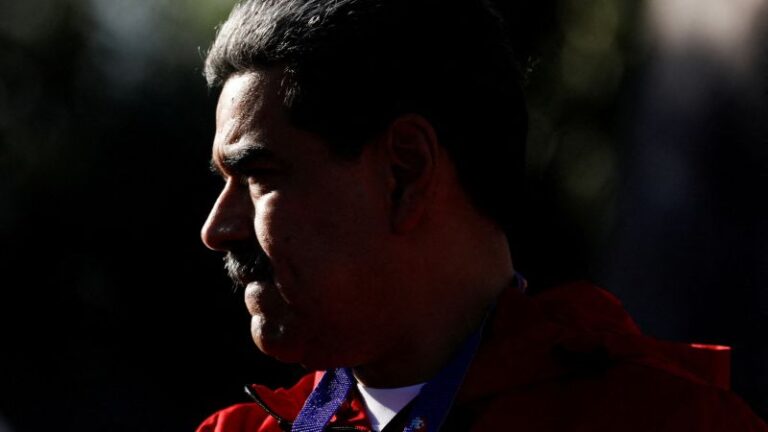US Involvement in Venezuela: The Quest for Regime Change
The situation in Venezuela has escalated to a point where the US government is reportedly positioning itself for a possible regime change. With rising tensions and increasing military presence, discussions surrounding intervention are intensifying.
Military Actions and Statements
The US military has taken notable steps by engaging drug trafficking boats that allegedly have connections to Venezuela. In a recent announcement, President Donald Trump has acknowledged authorizing covert CIA operations within the country, leading to questions about the extent and purpose of US military involvement.
Calls for Intervention
Venezuelan opposition leader María Corina Machado, a recent Nobel Peace Prize laureate, has publicly endorsed US military intervention. Speaking with CNN’s Christiane Amanpour, she expressed that the Venezuelan populace deserves to have their future determined without the oppressive rule of Nicolás Maduro, who has historically silenced political dissent.
Concerns Over Covert Operations
While some in the opposition view US intervention as a beacon of hope, past experiences with the CIA’s involvement in Latin America raise skepticism. Tim Weiner, a Pulitzer Prize-winning author, highlights that the mere acknowledgment of covert actions undermines the expected secrecy crucial for such operations.
The Historical Context of US Interventions
The history of the CIA’s regime change efforts is fraught with complications, particularly in Latin America. Weiner references Fidel Castro’s resilience despite numerous US attempts to destabilize his government. Moreover, CIA successes in places like Guatemala led to catastrophic outcomes, including widespread suffering and conflict.
Geopolitical Implications
Supporters of intervention often cite the US invasion of Panama as a potential model for action in Venezuela. However, the geopolitical landscape is vastly different today. Unlike Panama, the US has no military bases in Venezuela, which poses significant logistical challenges for intervention efforts.
Natural Resources and Foreign Influence
Venezuela’s wealth in natural resources, especially oil and gold, makes it a strategic interest for the US. However, this also complicates the narrative, as illegal armed groups and drug cartels pose significant challenges to any regime change efforts. Juan Sebastian Gonzalez, a former senior director at the National Security Council, warns that armed groups pose a threat not only to Venezuela but to regional stability in South America.
The Future of US-Venezuela Relations
As naval vessels continue to gather in the Caribbean, the question remains whether the Trump administration will pursue military action. The increasing visibility of US involvement raises legal and ethical questions that could shape the future of American foreign policy and its approach to countries like Venezuela. Ultimately, the implications of intervention could resonate throughout the wider region, creating unforeseen challenges both politically and socially.
